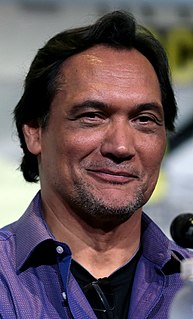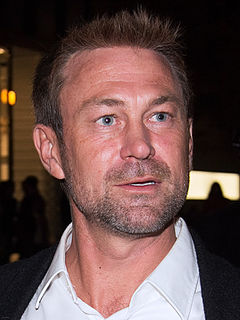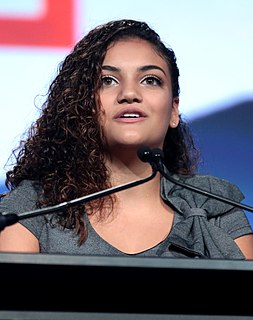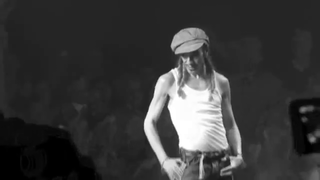A Quote by Marya Hornbacher
My parents say that even as a very, very little kid, the way that I acted was dramatically different from other little kids.
Quote Topics
Related Quotes
I'm very interested in the way the Internet has changed teenage life. Obviously it's very different from when I grew up, when there weren't even answering machines, much less computers. I was telling my children this the other day, and the little one said, "Did you have electricity, Mom?" and I was like okay, enough, kid.
My ex-student, Idit Harel, who wrote a book, "Children Designs," has a documented story of a kid who was very shy, isolated and didn't talk much to other kids. She was a little overweight, and the other kids looked down on her for that reason.But then she made a discovery about how to do something on the computer. The discovery was picked up by other kids, and within a few weeks there was a total transformation. This kid was now in demand. And that changed her feeling about herself.
I think it's more difficult writing what it's like to be a child. You can pretend you know what it's like, but you don't really know. The only parts I can remember is that the adults were like, "Aren't they cute?" But when you're little you're looking at the other kids like they're your colleagues. They're not like, "Oh, we're all cute little kids." They're more like your office acquaintances. It's very hard to grasp the memories of what it actually was like to be a kid.
If I didn't already sense that I was different, I certainly was reminded, whether by my parents or by the other school kids. Not just reminded. Told... I was made to believe it wasn't right. If I went a little bit too off - slap! It was Dad's upbringing and it was Victorian, and that's the way he was.
Even though you try very hard, the progress you make is always little by little. It is not like going out in a shower in which you know when you get wet. In a fog, you do not know you are getting wet, but as you keep walking you get wet little by little. If your mind has ideas of progress, you may say, 'Oh, this pace is terrible!' But actually it is not. When you get wet in a fog it is very difficult to dry yourself.



































